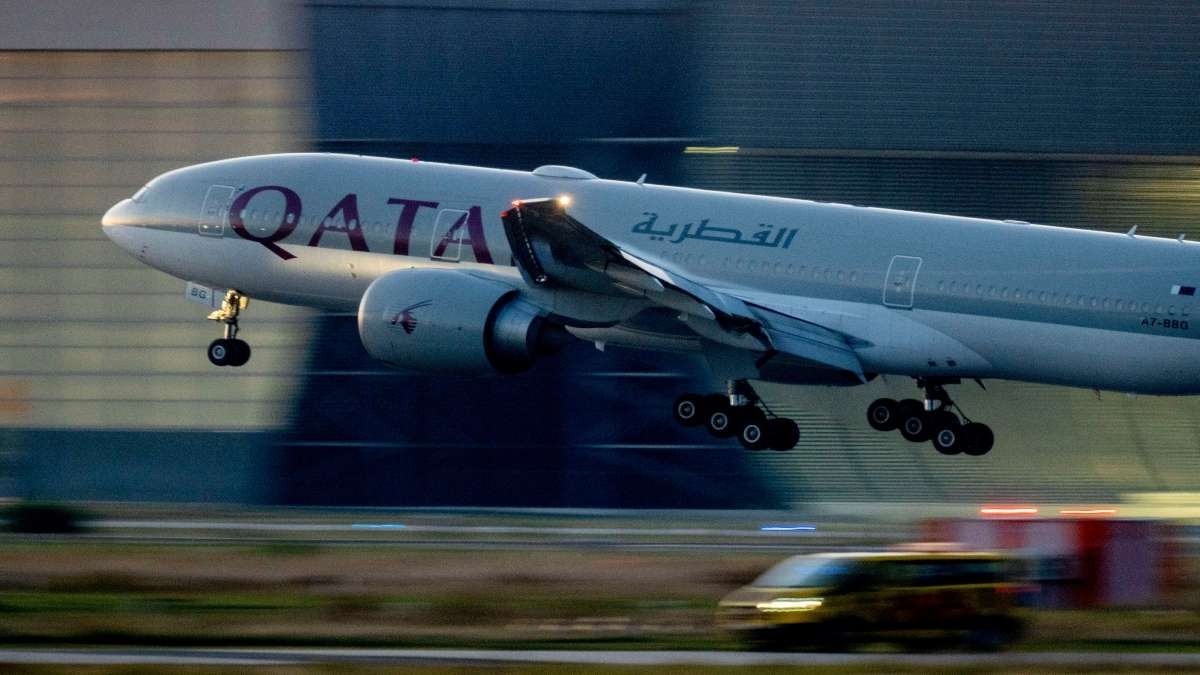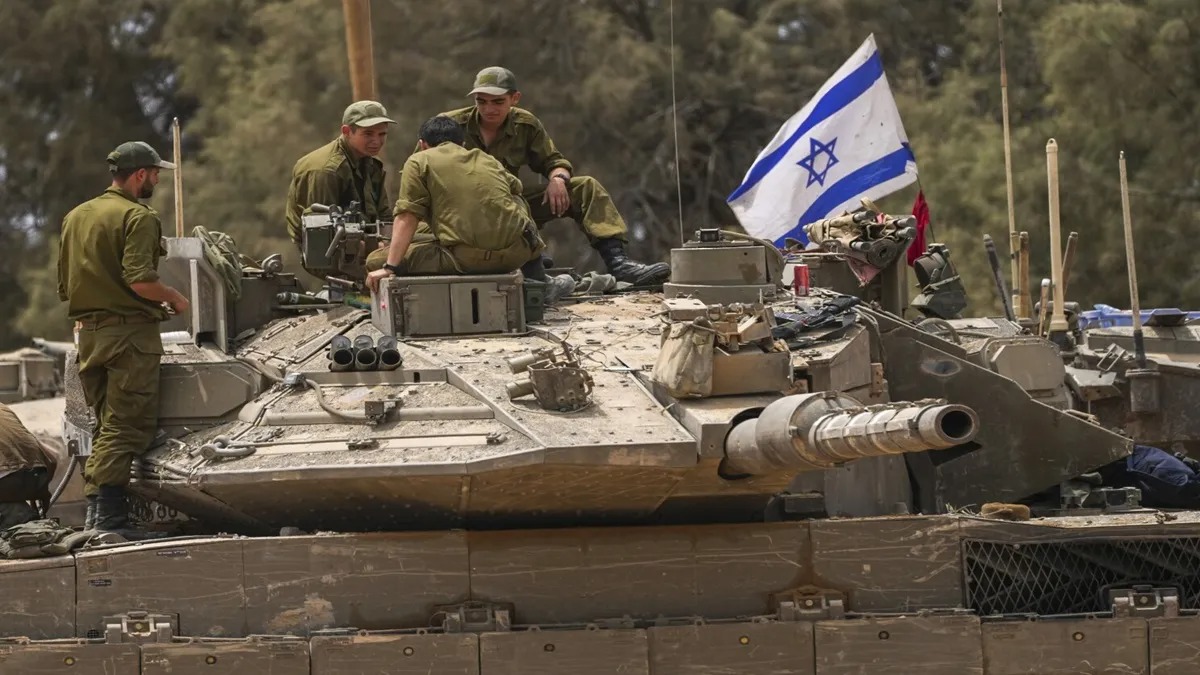
International: Qatar Airways has asked the passengers flying from Beirut Rafic Harirl International Airport not to carry pagers and walkie-talkies on the flights after Lebanon banned their usage onboard due to fear of them being used as bombs. This comes as at least 37 people were killed and more than 3,000 wounded when pagers and walkie-talkies used by Hezbollah members exploded in two waves of attacks on Tuesday and Wednesday. Lebanon and Hezbollah, a heavily armed group backed by Iran, say Israel carried out the attack.
Qatar Airways said that the prohibition comes in the aftermath of the latest direction by the Directorate General of Civil Aviation of the Republic of Lebanon.
“Effective immediately: Following the directive received from the Directorate General of Civil Aviation of the Republic of Lebanon, all passengers flying from Beirut Rafic Harirl International Airport (BEY) are prohibited from carrying pagers and walkie-talkies on board flights. The ban applies to both checked and carry-on luggage, as well as cargo, and will be enforced until further notice,” Qatar Airways posted on X.
Lebanese authorities on Thursday banned walkie-talkies and pagers from being taken on flights from Beirut airport, the National News Agency reported, after thousands of such devices exploded during a deadly attack on Hezbollah this week. The Lebanese civilian aviation directorate asked airlines operating from Beirut to tell passengers that walkie-talkies and pagers were banned until further notice. Such devices were also banned from being shipped by air, the Lebanese state news agency reported.
The Lebanese army said on Thursday it was blowing up pagers and suspicious telecom devices in controlled blasts in different areas. It called on citizens to report any suspicious devices. Hezbollah and Israel have been trading fire across the Lebanese-Israeli border for almost a year, in a conflict triggered by the Gaza war.
Pocket bomb
The explosion of thousands of Hezbollah's mobile communication devices has spread fear across Lebanon, leaving people terrified they might be carrying bombs in their pockets. This triggered false rumours across the country. Mustafa Jemaa said he had removed some stock from his electronics shop in the southern city of Sidon. "We had some devices here that we believed were 100% safe, but out of caution, we removed them ... because we got worried," he said.
The Lebanese army on Thursday called on citizens to report any sightings of suspicious objects, adding that it had been conducting controlled explosions of pagers and other devices thought to be rigged. Those killed or wounded in Tuesday's blasts included Hezbollah fighters, medics and administrative staff. At least two of Tuesday's dead were children, killed when pagers belonging to their fathers blew up.
--Advertisement--

 Desk
Desk Share
Share






